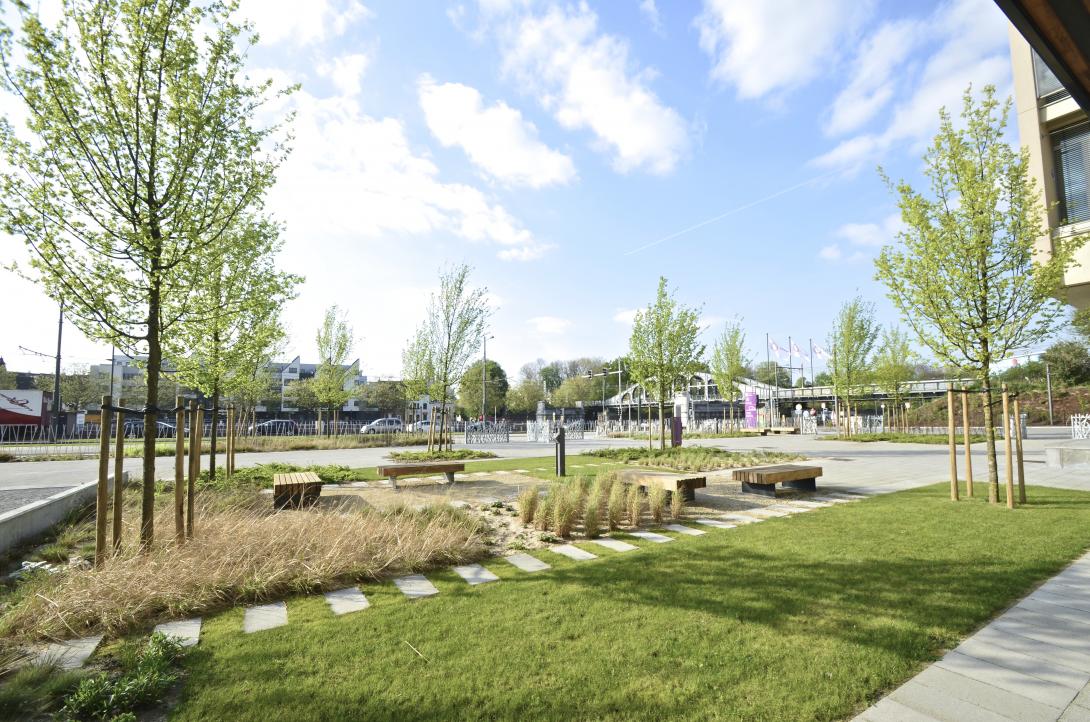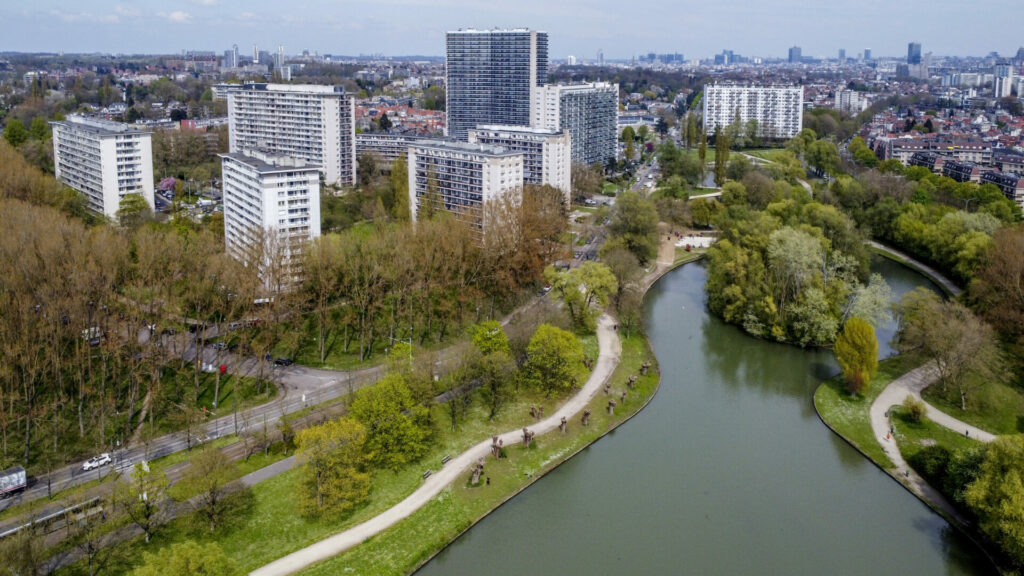Brussels has numerous parks but green spaces are not evenly distributed throughout the city. To rectify this inequality in liveable spaces, it is looking to engage its citizens to help reinvent public space.
The Brussels Capital Region comprises 4,000 ha of green space, making it one of the greenest cities in Europe. However, some areas are considerably greener than others, leading Brussels Mobility to seek ways for more of the capital's residents to enjoy nature.
"We want to involve the people of Brussels in our ambition to green the city," said Elke Van den Brandt (Groen), Brussels Minister of Public Works and Mobility. "Every Brussels inhabitant can propose a new green space."
Types of project
Brussels Mobility is working to protect the region and in citizens from the effects of extreme weather – against extreme heat through shading and against flooding and drought by improving its rainwater management system.
However, 40% of the region's open space is still bare paving. "Every square metre counts," said Alain Maron (Ecolo), Brussels Environment Minister. He added that the call for ideas "will offer the people of Brussels a piece of nature close to home, for greater well-being." These new green spaces will be in addition to those currently being created by the region itself.
The proposed projects must contribute to achieving the objectives set by Brussels: improving the living environment, protecting and developing the natural heritage and the Water Management Plan.

A citizen's garden on Square Masui in Schaerbeek. Credit: Brussels Mobility
Five types of project are open for proposals, including the creation of urban gardens in neighbourhood squares, around trees, on pavements or in car parks; and also building green networks along a walking or cycling path. Brussels will include in many of its redevelopments of key roads in the coming years.
The projects can also rethink the city's street paving, for instance by replacing cement division with trees, shrubs and flowers, or rethinking pavements, car parks or façades to incorporate plants.
Another type of project is a rain garden, designed to allow rainwater to infiltrate into the ground rather than run off the paved, sloping street.

A public rain garden in Brussels. Credit: Sibelga
Finally, Brussels residents can propose animal-friendly elements such as nesting boxes, feeding strips or passages for squirrels, birds, hedgehogs and other small animals in the region.
Projects must not compromise road safety or visibility or cause any inconvenience to people with mobility issues and submissions are open until 29 February. Proposals will be evaluated in March and April with a jury making a final selection in May, with a view to starting works from the summer.
"By already implementing the projects in summer and autumn 2024, the city's resilience can be strengthened in the short term," Van den Brandt concluded.

